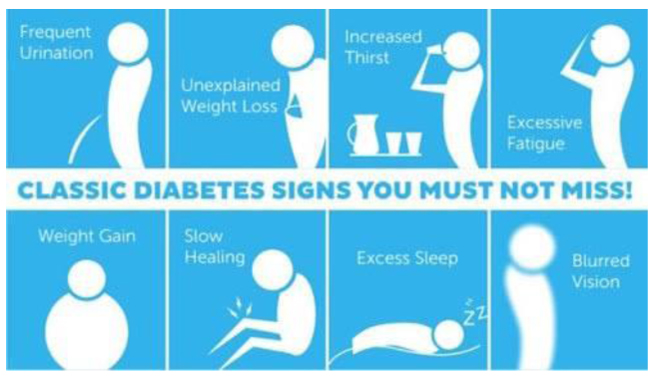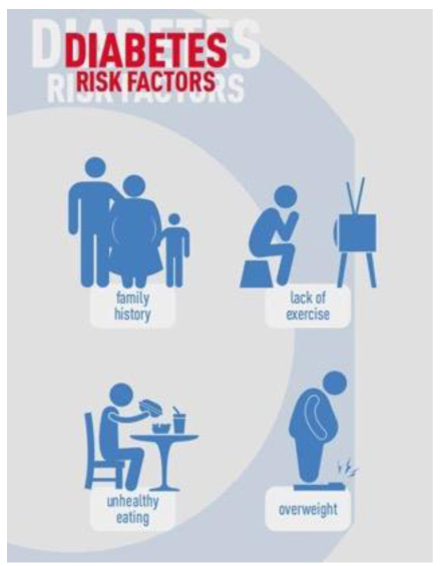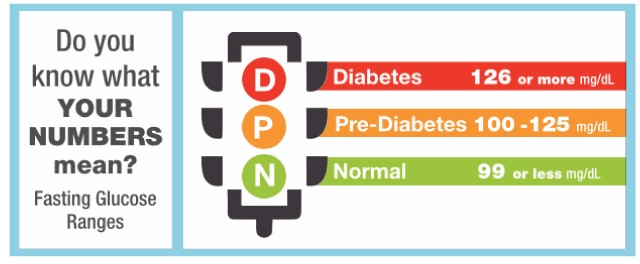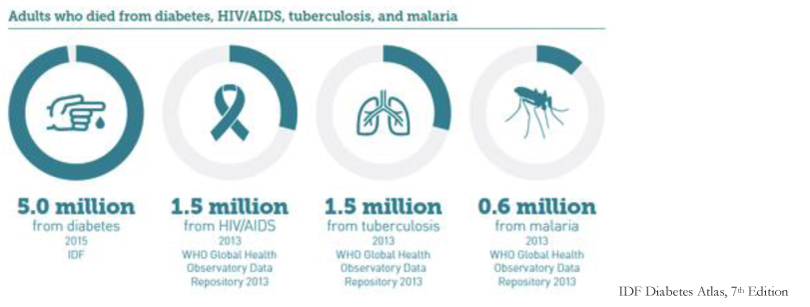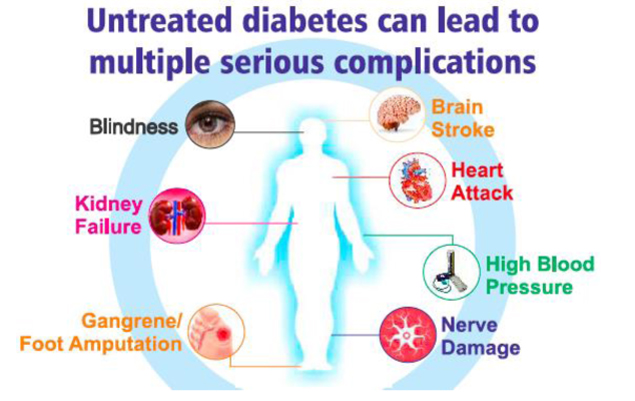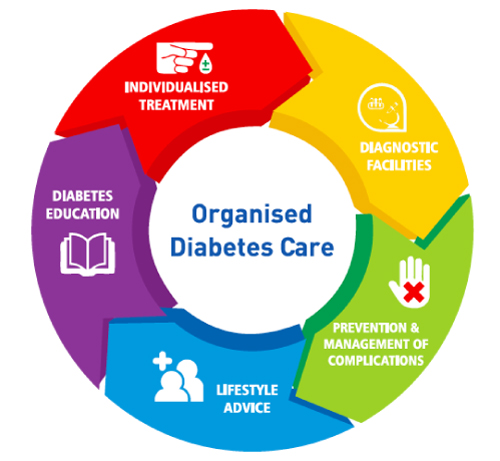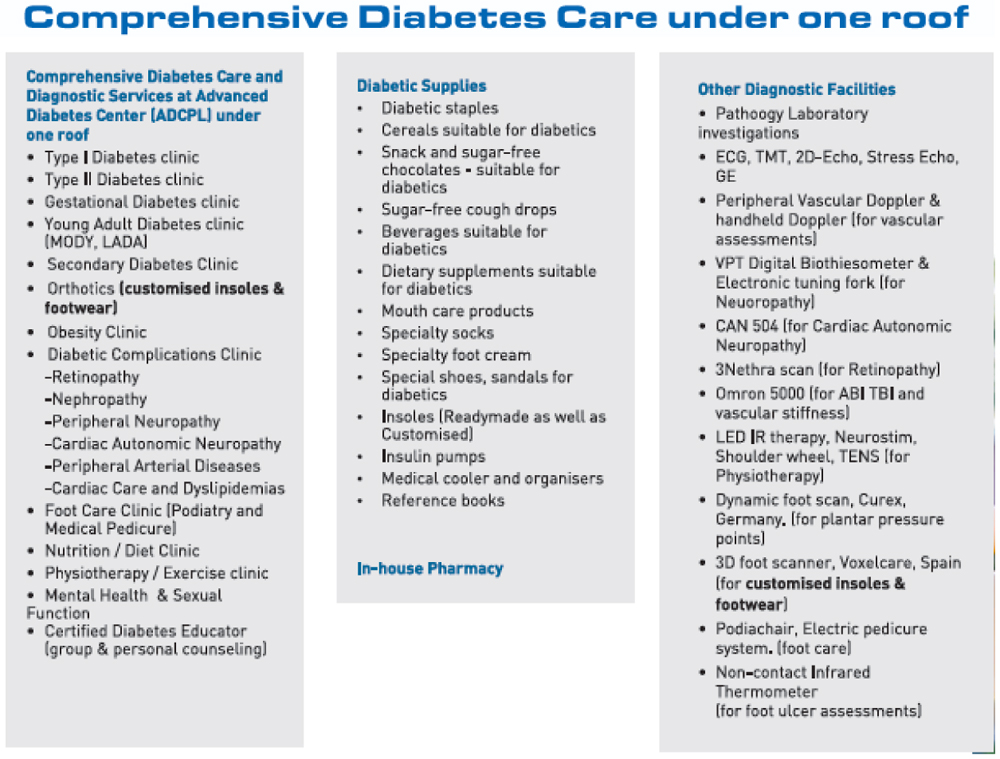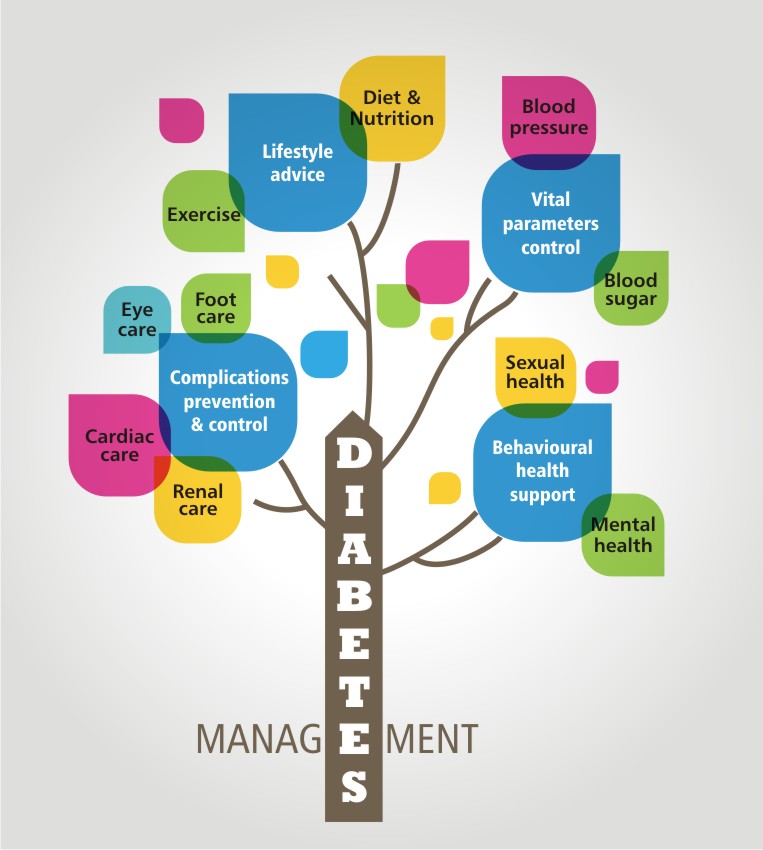When our body is unable to properly use and store glucose, the disease is referred as diabetes (Diabetes Mellitus). Glucose comes back in the bloodstream and hence the person’s blood glucose (commonly called as blood sugar) levels shoot up high.
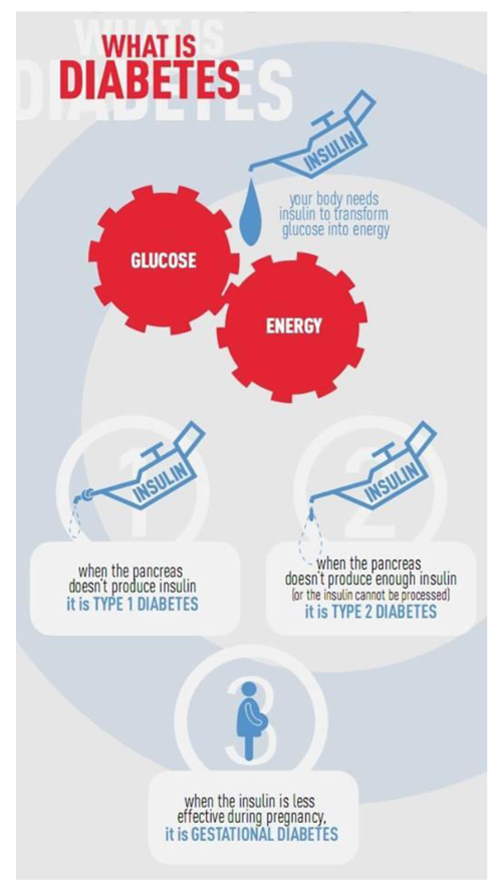
- Type 1 – This used to be called – juvenile-onset or insulin-dependent diabetes as it is commonly seen in children & young adults. However, it can occur at any age.
Insulin is a hormone that helps our body to use glucose from the food that we eat and convert it to energy units. In type 1 diabetes, the body is unable to produce insulin. Hence, the person must take insulin injections every day. - Type 2 – This used to be called – adult-onset or non insulin-dependent diabetes as it usually occurs in people above 40 years, overweight and have a family history of diabetes. However, due to sedentary lifestyle, it is seen more in younger age group. Type 2 diabetes can often get unnoticed or undiagnosed for years.
In this condition, our body doesn’t produce enough insulin and/or is unable to use insulin properly (also called as insulin resistance). See the illustration below:
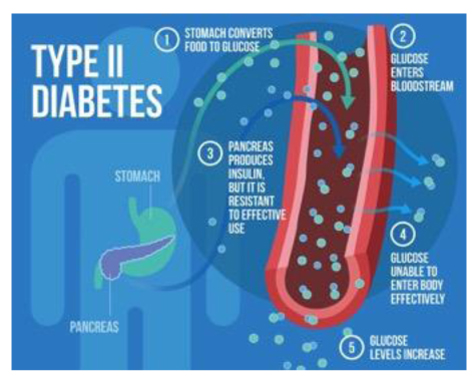
- Gestational diabetes – This form of diabetes occurs only during pregnancy & often strikes between 24th & 28th week of pregnacny. It poses serious risk for both the mother and child. Although, the condition typically ends after delivery, these women often have about 50% higher risk of developing type 2 diabetes over the next 7-10 years. Timely diagnosis is extremely important to reduce the incidence of this condition. With proper diet and nutrition and careful management of diabetes, women can and do have successful pregancies and also deliver healthy babies.
